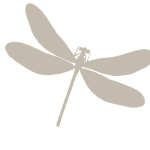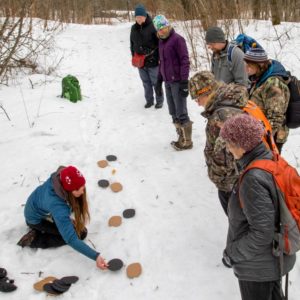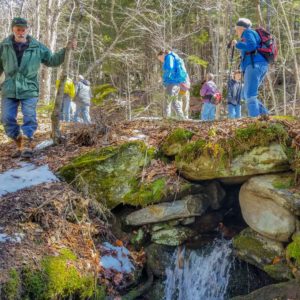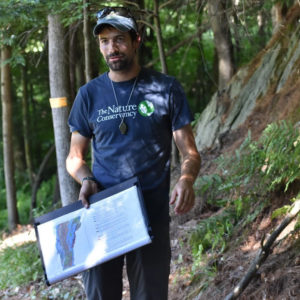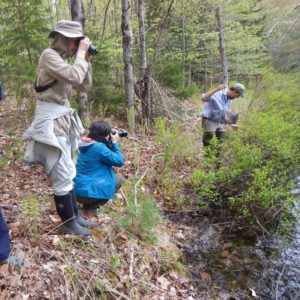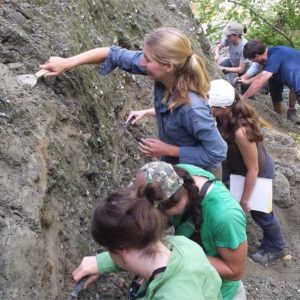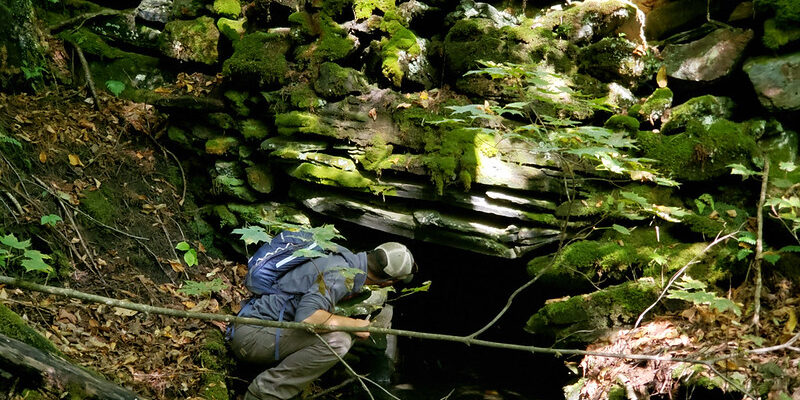About the Program
(click each item below to expand)
VMN participants learn to interpret the layers of the local natural landscape, then apply that integrated training to long-term stewardship and ambassadorship of local natural areas. Master Naturalists become important conservation resources in our communities and schools.
Participants are chosen by application process, and are selected based on interest and commitment to local conservation. Candidates often have experience in some area of nature study, but there are no prerequisite skills or qualifications. Trainings are designed and instructed by NBNC, VMN, and other visiting experts.
Candidates will investigate and integrate layers of the physical, environmental, and cultural landscape such as: geology, soils, botany, wetlands, forest ecology, wildlife, human land use history, and natural processes like wind, fire, and succession. Each VMN candidate will also select an independent practice chosen to deepen their naturalist skills, such as wilderness awareness, sketching, photography, birding, etc. The six trainings will explore conservation history and management issues related to each site. Please see the training schedule below.
Stewardship Service:
Concurrently to the core training season, candidates are matched with partnering organizations to complete at least 20 hours of stewardship and engagement service. In 2024, teams will be supporting a major conservation stewardship initiative at NBNC. Upon completion of the program, certified Vermont Master Naturalists continue to support the local community, while receiving continued mentorship in their future naturalist endeavors.
Three full weekends in May, June, and October, from 9 am - 4 pm Saturday and Sunday, plus 20 additional project service hours. See training schedule below for details.
Eligibility
Anyone residing or working in Central Vermont or within the Winooski River Watershed may apply. Candidates in regions of Vermont without a VMN chapter are also welcome to apply. Please contact us if you're not sure. Candidates must be able to attend all field sessions. Arrangements can be made in the event of unexpected absences.
Cost
One-time enrollment fee of $825 due upon acceptance in the program, or paid on a schedule arranged between NBNC and the participant.
Financial Support
Generous financial support is available! We do our best to ensure that participants will not be turned away for financial reasons. Contact us about financial support at: [email protected].
Applications are accepted on a rolling basis, but should be submitted at least one month before the first training date.
This program qualifies for 60 professional development hours or CEUs. Graduate credit may be available for teachers. Please contact us to inquire.
2024 Training Schedule and Details
(click each title below to expand)
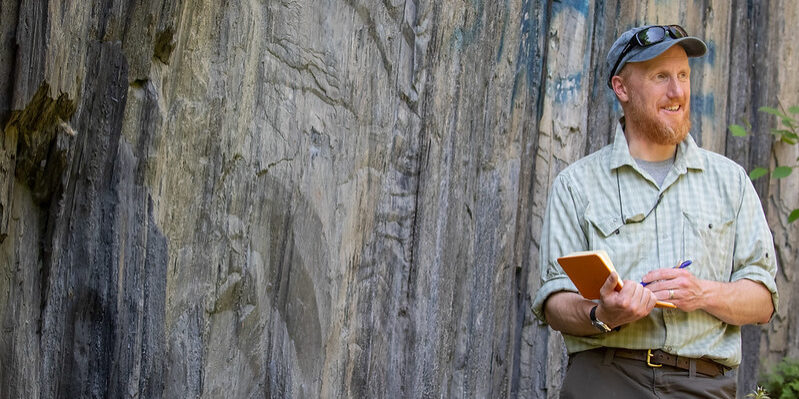
Our first weekend together explores the landscape underfoot. From topography to glaciers to bedrock, we'll investigate 500 million years of Vermont history, and discover how ancient events shape our landscape today.
Saturday May 4:
What ancient forces shaped the local geological landscape?
- Vermont’s geological origins.
- Understanding the bedrock of Central Vermont.
- Relationships between bedrock and modern forest composition.
Sunday May 5:
How did the glaciers shape the topography and ecology of our landscape?
- Evidence of past glaciations.
- Understanding sediment deposition and erosion.
- Building connections between glacial history, topography, and ecology.
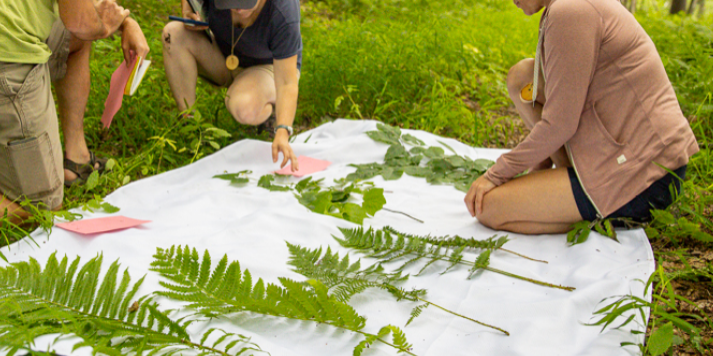
Our second weekend together focuses on botany and wildlife during a time of year when species diversity is at its finest. We'll meet plants, trees, birds, and bugs of particular ecological significance, and tie their life histories back to the geologic processes investigated previously.
Saturday June 15:
What grows where, and why?
- Soil formation and plant soil requirements.
- Relationships between landscape features and plant communities.
- Significant indicator plant species of the forested landscape.
- Using the Natural Community framework to understand forest ecology.
Sunday June 16:
How does wildlife use the local landscape?
- Using birds and birdsong to understand landscape processes.
- Pollinator ecology and insect distribution.
- Mammal tracking, wildlife corridors, and trail cameras.
VMN For Educators
June 24- 28 2024
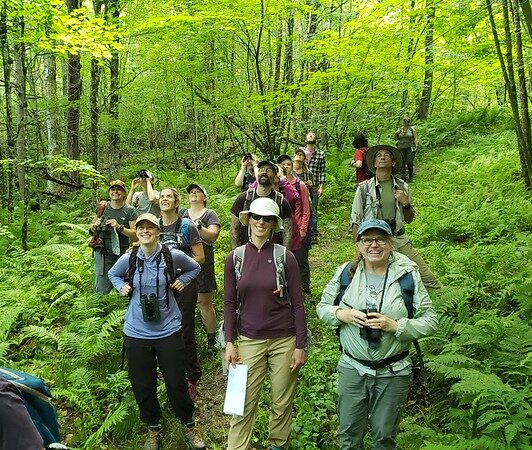
This unique collaboration between North Branch Nature Center and Vermont Master Naturalist is a place-based, integrated training in interpreting the local landscape and applying that training to the 5th-12th grade classroom and curricula. Each day immerses in a different ecosystem, exploring the pieces, patterns, and processes driving local ecology. We’ll practice field-based activities and classroom-based extensions aligned with Next Generation Science Standards and Proficiency-Based Learning frameworks.
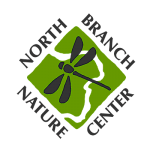
713 Elm Street
Montpelier, Vermont 05602
(802) 229-6206
Hours: Center Open Monday-Friday 9-4
Trails Open 24/7
